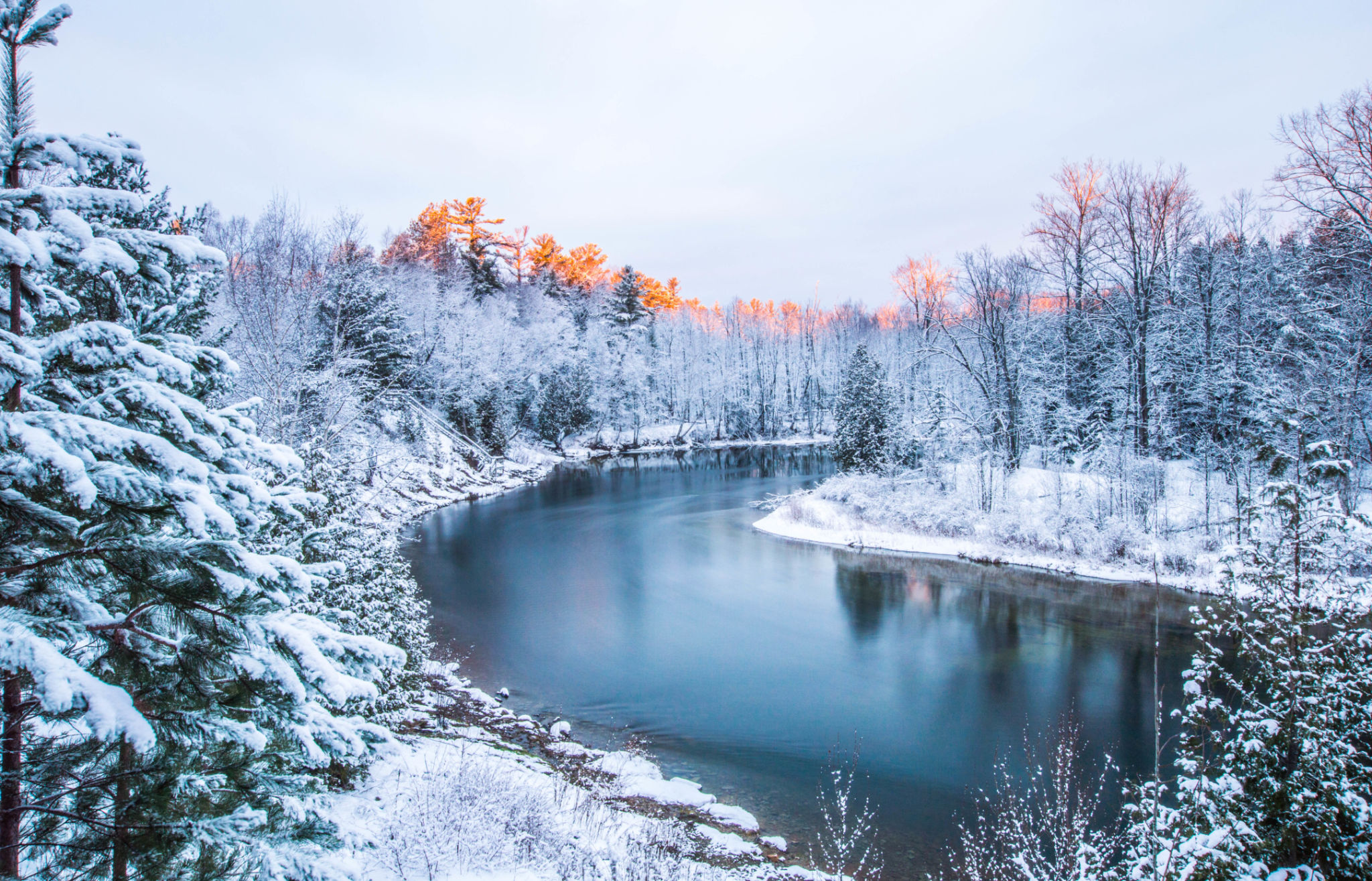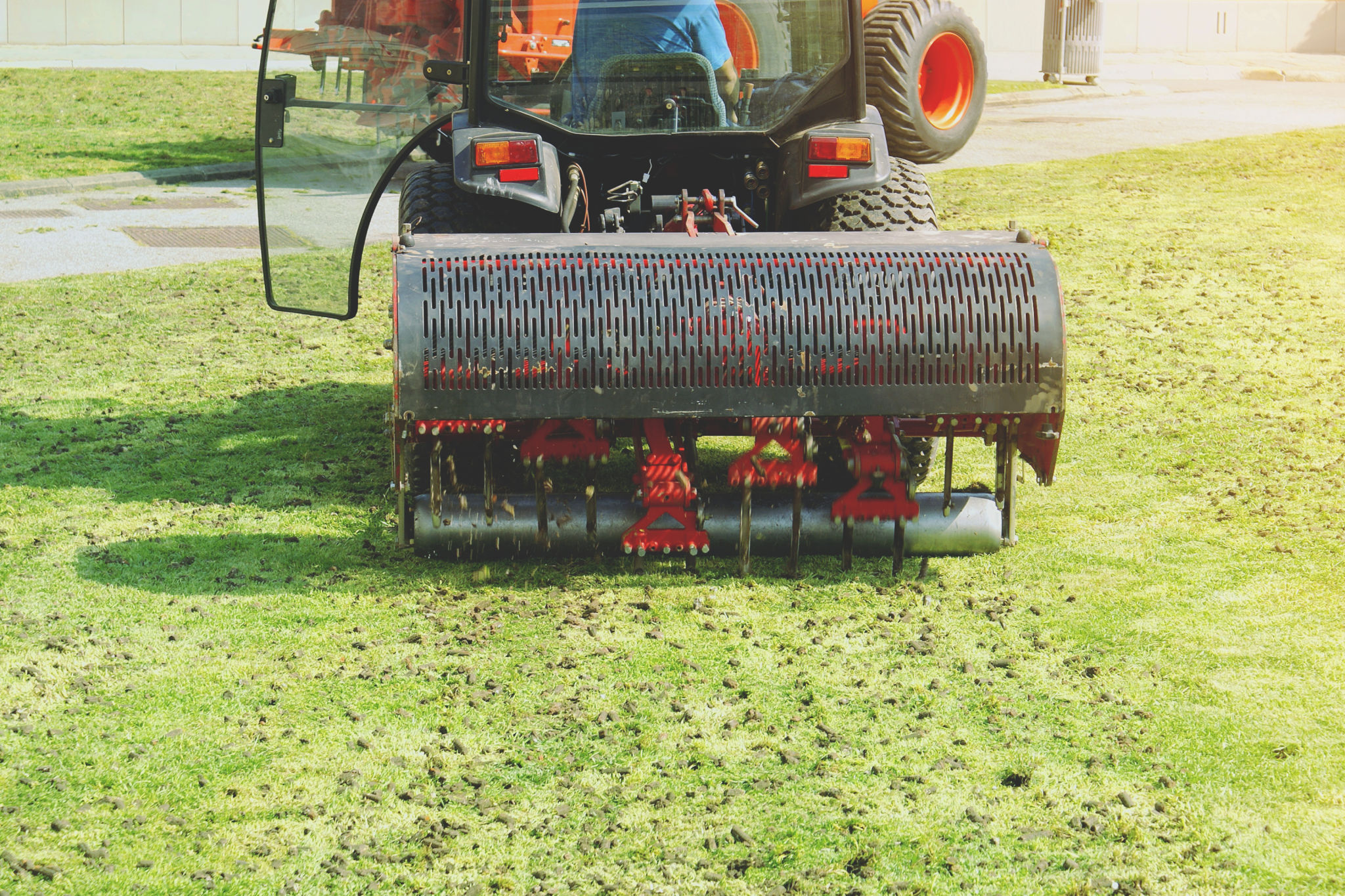Preparing Your Lawn for Winter: A Michigan Guide
Understanding the Michigan Climate
Preparing your lawn for winter in Michigan requires a good grasp of the local climate. Michigan's winters can be harsh, with temperatures often dropping below freezing. This can pose challenges to maintaining a healthy lawn. Winterizing your lawn properly ensures that it emerges in spring looking lush and vibrant.
Michigan's climate varies significantly from the Upper Peninsula to the southern parts of the state. The Upper Peninsula experiences heavier snowfall and longer winters, while the southern regions might see a milder winter. Tailoring your lawn care approach to your specific area will yield the best results.

Essential Lawn Care Steps
Mowing and Fertilizing
As fall approaches, gradually lower the height of your mower to keep grass short. This reduces the risk of snow mold and other winter-related diseases. The final mow should leave your grass about 2 to 2.5 inches tall.
Fertilizing is another crucial step. Apply a slow-release, winterizing fertilizer in late fall. This will provide essential nutrients that strengthen your lawn's roots and prepare it for the cold months ahead. Opt for a fertilizer high in potassium, which enhances cold tolerance.

Aeration and Seeding
Aerating your lawn allows more air, water, and nutrients to reach the roots, promoting stronger growth. It’s best to aerate in early fall when grass is still actively growing. This process involves perforating the soil with small holes to alleviate soil compaction.
Following aeration, overseeding is recommended, especially if your lawn has bare patches. Choose a grass seed variety suitable for Michigan's climate, such as Kentucky bluegrass or perennial ryegrass. This will ensure a thicker, healthier lawn come spring.

Protection Against Pests and Diseases
Pests and diseases can wreak havoc on your lawn if not managed properly before winter sets in. Start by raking up leaves and debris regularly to prevent mold and mildew from developing under the snow.
Consider applying a preventative fungicide if your lawn has had issues with disease in the past. Keep an eye out for signs of pest activity and treat with appropriate insecticides as needed. A healthy, well-maintained lawn is less susceptible to pest infestations.
Final Preparations
As you wrap up your winter preparation, ensure all tools and equipment are cleaned and stored properly. Drain hoses and store them indoors to prevent damage from freezing temperatures.
Finally, consider mulching leaves instead of raking them all away. A thin layer of mulched leaves can act as a natural fertilizer and provide some insulation for your grass during the cold months.

By following these steps, you'll set your Michigan lawn up for success, allowing it to thrive when the snow melts away and spring arrives. Proper winterization not only protects your investment but also enhances the beauty of your outdoor space year-round.